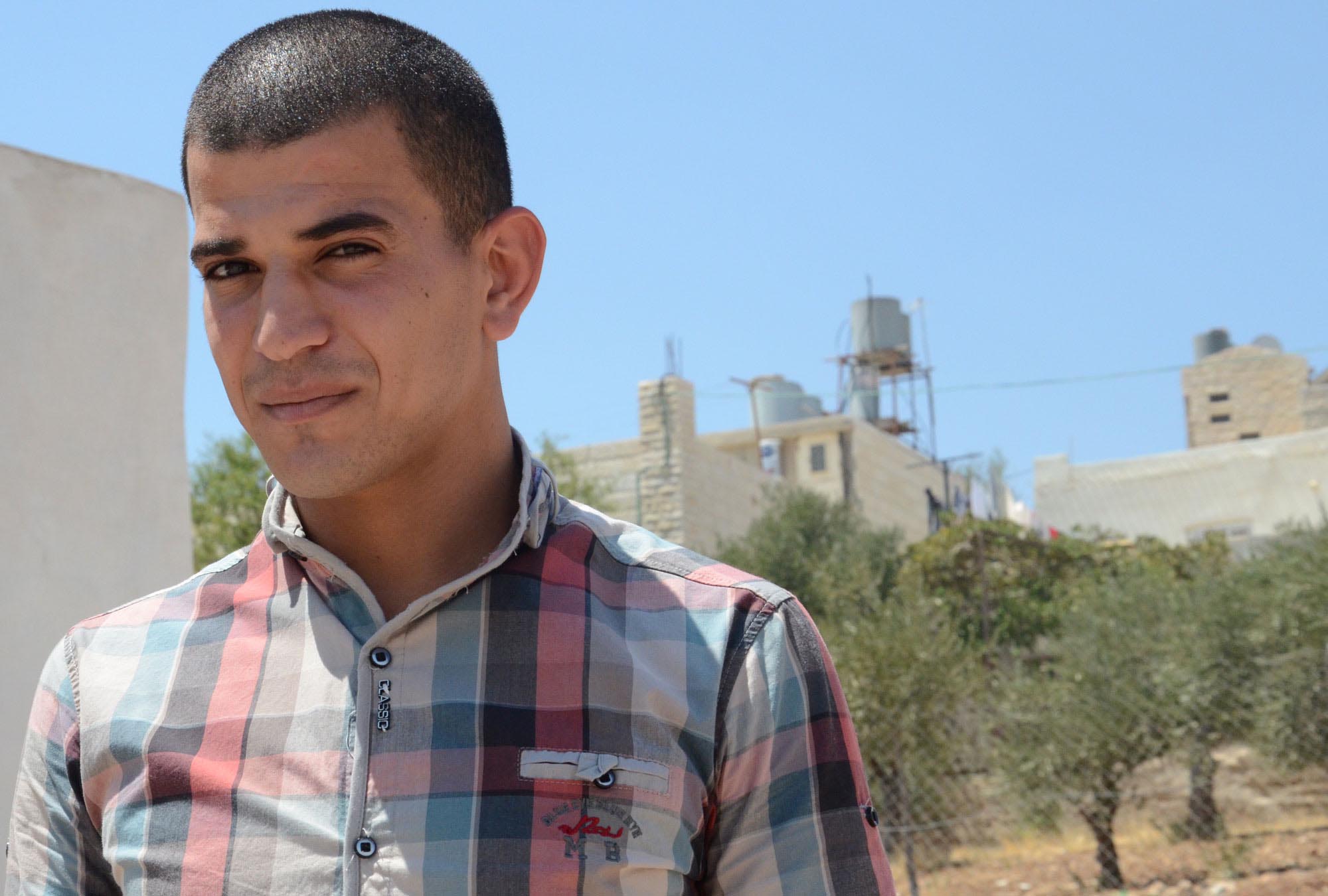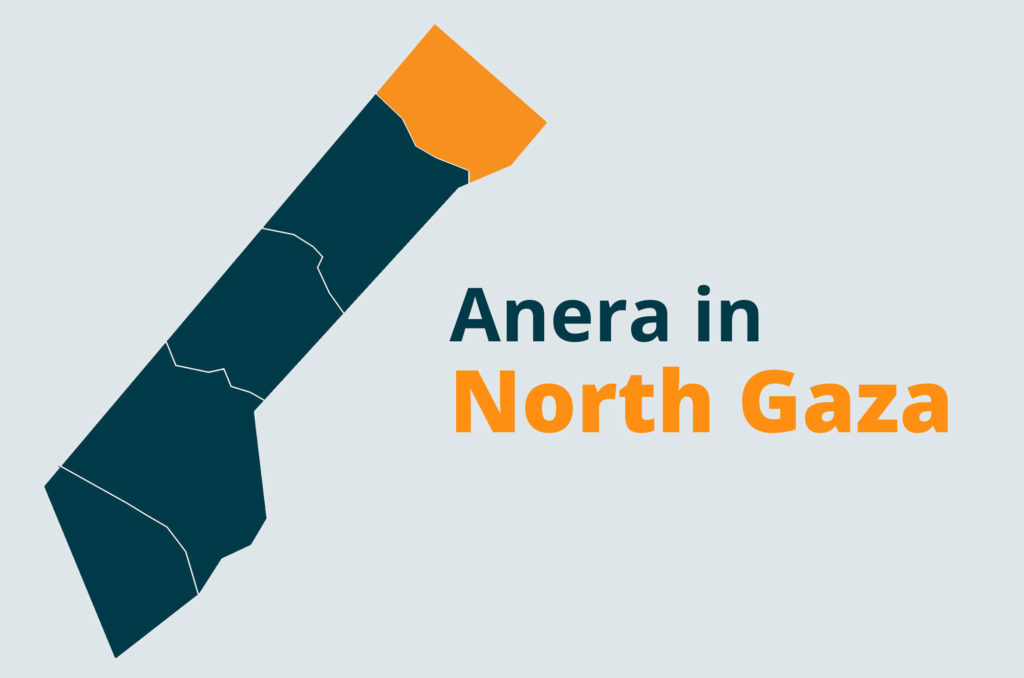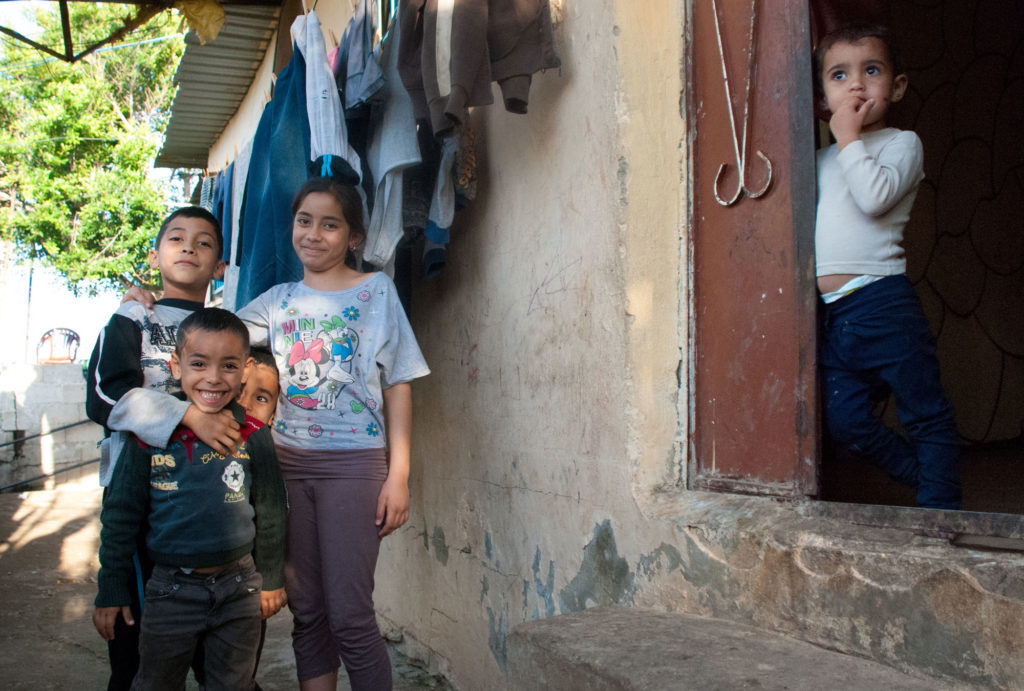Dec, 2014
110, that’s how old my grandmother is. She encapsulates our entire family history and, really, our whole village’s history too. Her name, “Halima,” means “patient,” and that certainly describes her exactly.
We are Bedouins. Life was very harsh for Halima growing up. They had so little of everything compared to our times, yet their lives were richer than ours. They barely owned anything, yet they had all the time in the world. They lived in small raggedy tents, yet all the land that stretched before their eyes was their home. They slept in the bareness of nature, yet their eyes and hearts knew no fear or insecurity.
The marks on Halima's face are tattoos, with which Bedouins used to embellish themselves on happy occasions.
Today my town is sleepless. Our hearts are heavy with burdens. They ache for our stolen lands. Our children live in horror. Our young men are targeted. And I sometimes think that my grandmother is better off with having dementia, I wouldn’t want her to shed tears over her lost land, or stare at the ‘apartheid’ wall with sorrow in her heart.
Starting in 2002 we felt the pressure of Israeli occupation creeping in and crushing us for the first time. It all began with a military checkpoint that prevented us from exiting the area whenever we wished, and kept us far away from Jerusalem.
But the real heartache came soon after with the building of a nasty wall that isolated us from our own lands. Today I look out my window and see the checkpoint and barbed wires surrounding us. To people like us, our land is life itself. It is our bread and butter, our sweat and blood.
Halima suffers from hypertension and diabetes. Nurses from a nearby clinic visit her regularly. The clinic receives shipments of donated health care supplies and medicines from Anera, and Halima has been able to take advantage of a whole range of free medicines.
The people whose hearts ache the most are the elderly, like my grandmother. You can consider her as a personification of the land, for they are one and the same. She suckled from the land’s bounty as a child, and in turn, she nurtured the land as she would her own children. She walked with it and sang to it every day. They conversed every day with shared language. As they grow older they resemble each other more and more. Now, when I look at my grandmother’s wrinkles, I see our land.
I remember as a child I listened to her stories from her childhood and youth. She used to fetch water twice a day from a nearby village and carry it in a pottery jar on her head. They were so poor they could not afford a donkey to help them with the water. Owning a donkey to them back then would be like owning a Ferrari now.
But they used to cooperate to get things done. Community was family to them, so they used to take care of one another, and offer a helping hand to anyone in need, although they were all poor. They mourned and celebrated together.
My grandmother was a breadwinner, and was bursting with energy and strength. Even in her nineties, she would walk past the checkpoint to a nearby village to sell her vegetables and dairy products.
That’s actually how she broke her leg eight years ago. Ever since that accident, she has not been able to walk. She lies flat on her back most of the day now and can barely move a limb. Even though she has lost her memory, she still asks for her children.
My grandmother has the tenderest heart. She used to shower us with her affection and love.
West Bank Olive TreeI know I’ll never forget the morning smell of her freshly baked taboun [flatbread] that she was so good at making. I’ll also never forget the olive picking season and how we all used to gather to help her and my grandfather with the harvest and olive oil. I can still taste her minty tea in the shade of an olive tree, and hear her sing traditional harvest songs.
My grandmother’s patience resembles that of a cactus. Her strength is like an ancient olive tree and her delicate soul is a wild poppy; so simple, fragile and beautiful.
by Mahmoud Hmida, Halima's 24-year-old grandson




